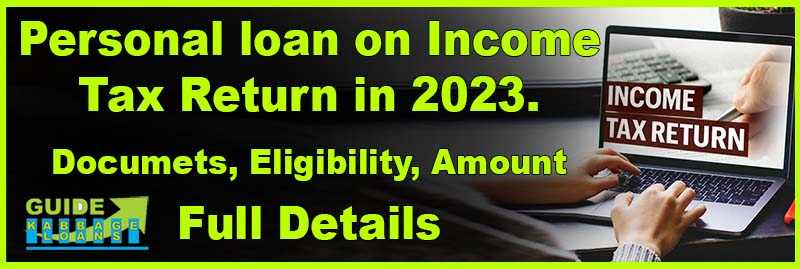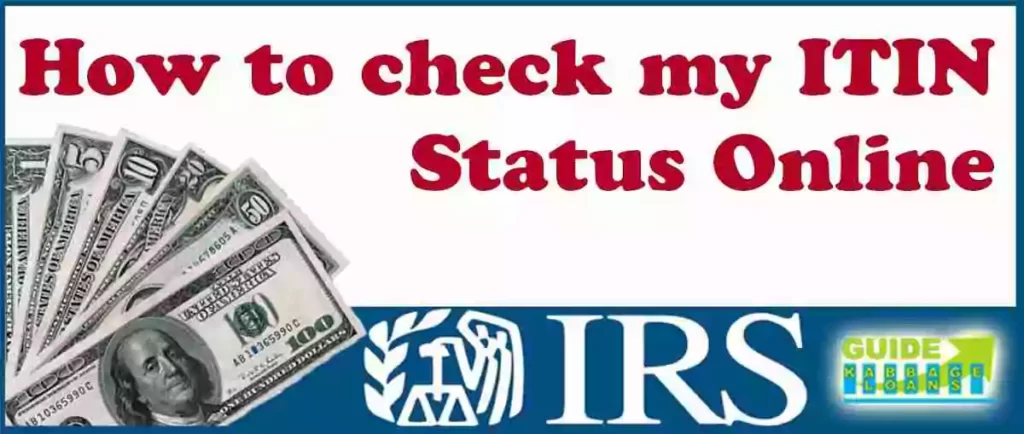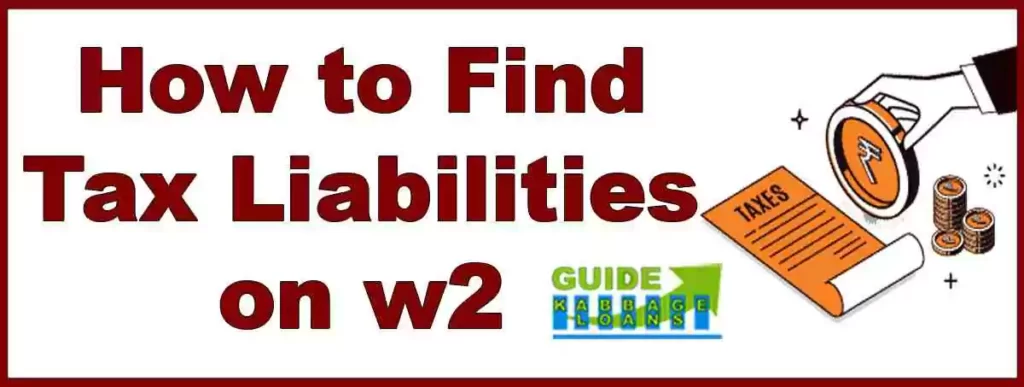As a taxpayer, you might wonder, how long does it take for the IRS to cash a check? Generally, tax payments to the IRS are often made by check, which can sometimes lead to confusion about processing times. In this article, we will cover everything you need to know about how long it takes for the IRS to cash a check and what to expect during the process. Let’s dive in!
How long does it take for the IRS to cash a check?
The amount of time the IRS takes to cash a check is not fixed. This time depends on many factors. If your check is small, then it will be cashed early, and if your check is big, then it will be late cashed.
Apart from this, if the IRS workload is high, your check will be cashed late, and if the workload is low, your check will be cashed early. So, there is no fixed time to cash any such checks. It depends on the IRS how much time they take to cash it, but a normal average takes from 1 week to 2 weeks.1
What is the average wait time for the IRS to cash a check?
There is no set time to cash a check from the IRS. Because it depends on many factors. Like, what is the workload on the IRS at the time the check is being cashed? Along with this, what is the size of your check? Similarly, many other factors depend on how long the IRS takes to cash a check. But if normal is seen, it takes an average time of about 1 to 2 weeks to clear it.
How do I know if the IRS cashed my check?
You have several ways to find out if the IRS cashed your check. For example, by visiting the IRS website and using its online tools, you can get information about whether your IRS check was cashed or not. Apart from this, you can get information about this by contacting their toll-free hotline.
Does the IRS take money from checks?
Yes, the IRS does have the authority to withdraw funds from your account if you provide a check as payment. When you provide a check to the IRS, you are permitting them to use the information on the check for payment processing.
The IRS may choose to process the payment in two ways. First, they can utilize the information from your check to make a one-time electronic fund transfer from your account. In this case, the funds may be withdrawn from your account as soon as the IRS receives your payment. It’s important to note that when an electronic fund transfer is used, you will not receive your physical check back from your financial institution.
What does it mean when the IRS is processing your check?
When the IRS is processing your check, it means that they are verifying the information on the check and ensuring that the payment is applied correctly to your account. This process can take several days or weeks, depending on the volume of payments received.
Why is my IRS check taking so long?
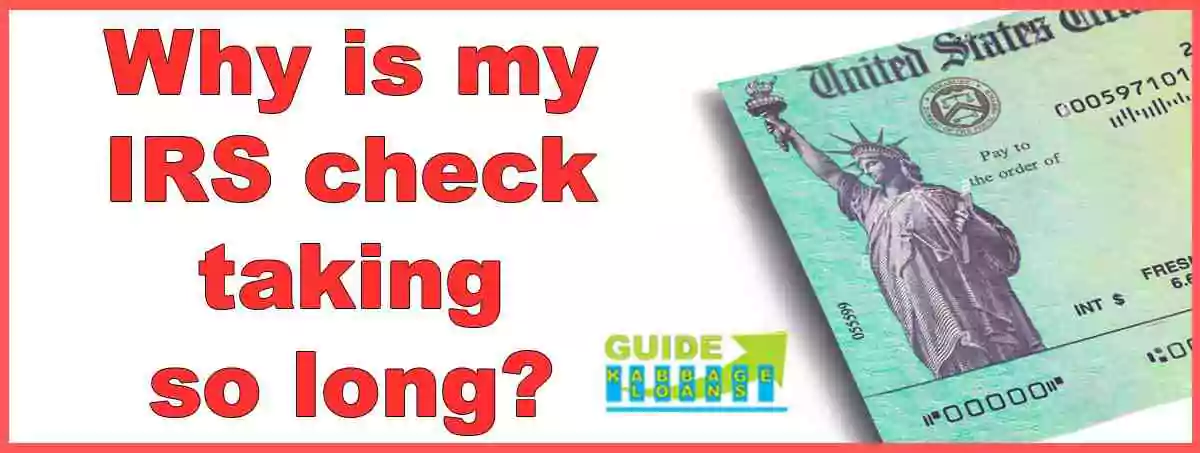
Your IRS check may be taking longer to process if there are errors on the check if the IRS is experiencing a high volume of payments, or if you owe back taxes or other debts to the government. If you have any concerns about the status of your payment, you can contact the IRS to inquire about the processing time.
What to Do if Your IRS Check Is Taking Too Long to Clear?
If your IRS check is taking too long to clear, you should contact the IRS to inquire about the status of your payment. You may also want to check with your bank to ensure that there are no issues with the check or the account information provided.
What happens if the IRS never cashed my check?
If the IRS never cashed your check, you should contact them to inquire about the status of your payment. If the check was lost or never received, you may need to send a new check to avoid late payment penalties.
How long does it take the IRS to process an electronic payment?
Electronic payments are typically processed faster than paper checks and can be processed within 24 to 48 hours. However, the processing time can vary depending on the type of payment and the volume of payments received.2
Does the IRS know when you cash a check?
The IRS does not typically know when you cash a check, but they can monitor your bank account if you owe back taxes or other debts to the government. It’s always best to ensure that your payments are processed and accounted for promptly to avoid any issues with the IRS.
How to Cash an IRS Check Without ID?
If you don’t have a government-issued ID, you may still be able to cash your IRS check. You can try cashing the check at the bank or credit union where you have an account. They may be able to verify your identity through other means, such as your account history or a utility bill with your name and address.
Another option is to have someone you trust cash the check for you. You can endorse the check over to that person and they can cash it on your behalf. However, be sure to choose someone you trust as you are giving them access to your money.
How to Cash an IRS Check Without a Bank Account?
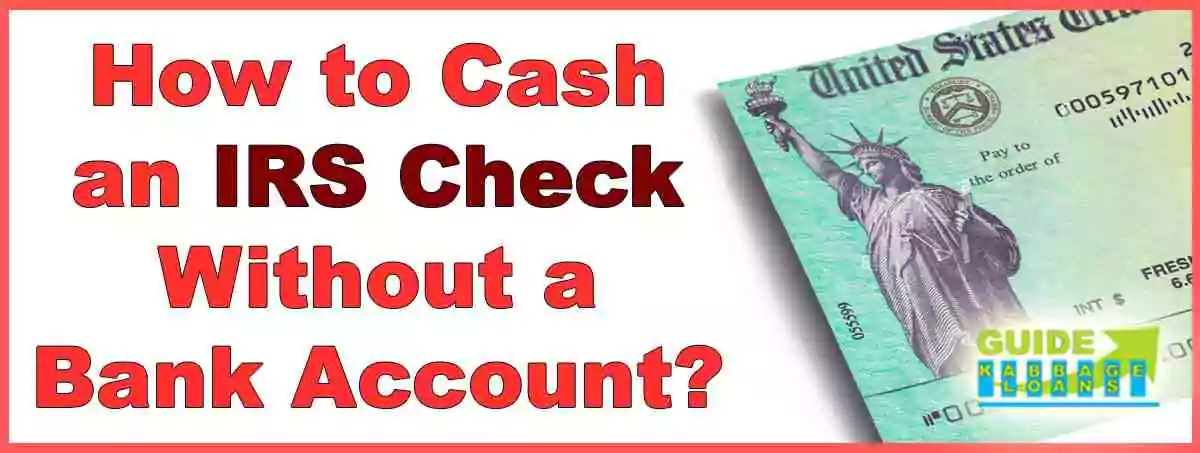
If you don’t have a bank account, you can still cash your IRS check. You can go to a check-cashing store or a retail store that offers check-cashing services. However, be aware that these places often charge high fees, so you may not receive the full amount of your check.
To cash an IRS check without a bank account, you can visit a check cashing store or retailer that offers check cashing services. Because you do not have a bank account, you will not be able to transfer it to your account. You can cash it. That’s why you have to go directly to them and file a case against them.
How to Cash a Check Without the IRS Knowing?
It’s important to note that it is illegal to cash a check without reporting it to the IRS if it is taxable income. But anyway, if the check is not taxable income, such as a personal check from a friend or family member, you can cash it without the IRS knowing.
In any case, it’s best to report all taxable income to the IRS to avoid potential penalties or legal issues. If you’re unsure whether your income is taxable, consult a tax professional for guidance.
Conclusion
In conclusion, while the IRS typically processes checks within 1 to 2 weeks, the actual time can vary based on factors like IRS workload and check amount. Electronic payments may offer a faster alternative, often clearing in 24 to 48 hours. If you’re concerned about delays, monitoring your bank account, contacting the IRS, or exploring online tracking options can help keep you informed. For any unique circumstances, always reach out to the IRS or consult a tax expert.
Faq’s
How can I track the status of my IRS check?
You can check the status of your IRS check by using the "Where's My Refund?" tool on the IRS website or by calling the IRS toll-free hotline. Apart from this, you can also know about it in detail by visiting the IRS office.
You can also find some helpline numbers on the official website of IRS. By talking to whom you can solve your problem.
How long does it take for the IRS to cash a business check?
The time it takes for the IRS to cash a business check can vary based on the size of the check, the type of tax being paid, and the time of year. Typically, it can take up to four weeks or more for the IRS to cash a business check.
Can I stop payment on an IRS check that hasn’t been cashed?
Yes, you can stop payment on an IRS check that hasn't been cashed by contacting your bank or financial institution. However, you will need to send a new check to the IRS to avoid any late payment penalties.
What should I do if my IRS check is lost or stolen?
If your IRS check is lost, then in such a condition you will have to go to the IRS soon and contact them. They have to tell them that their check is lost then they will make a new check for you Jesus. And whatever the number of the old check is, we will cancel it.
So that if someone gets that check in the future. So he could not misuse it. That's why you have to go to the IRS office first.
Thanks for your visit.
(How long does it take for the IRS to cash a check?)
Disclaimer: Readers are encouraged to consult with the IRS directly regarding any specific questions about their tax payments, processing times, or individual financial circumstances. The information here is based on general guidelines and may vary depending on individual situations and IRS protocols.


